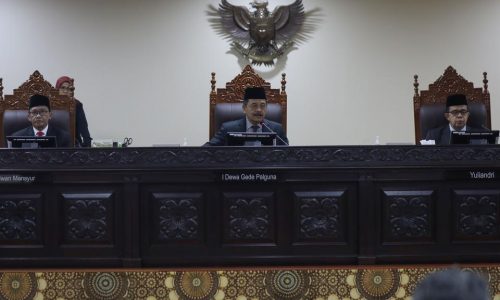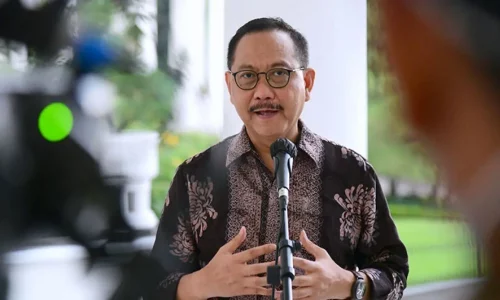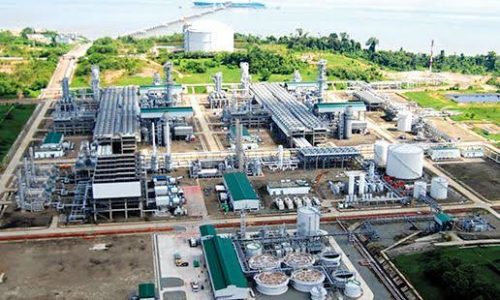The Ministry of Communications and Informatics (Kemenkominfo), with the assistance of several think tanks, has reportedly drafted regulations and a roadmap concerning the implementation of 6G technology by 2030. However, Indonesia is still grappling with the challenges of implementing 5G technology.
Dias Rima Sutiono, Head of Research at Bisnis Indonesia Intelligence Unit (BIIU), noted that some industry players are dissatisfied with 4G services and are eager to offer 5G Private Network services. However, to provide optimal 5G services, additional frequency spectrum allocation is needed to complement licensed 3G and 4G spectrums.
“The digital infrastructure industry is eagerly awaiting government policies to increase 5G frequency allocations,” said Dias.
The industry is ready to begin implementing 5G and AI technologies, but there are various challenges to overcome, including costs, technological compatibility, and skills gaps.
Dias emphasized the need for collaboration between the government and industry stakeholders to ensure widespread 5G coverage, establish supportive regulations, and encourage technology adoption across sectors.
Previously, GSMA (Global System for Mobile Communications Association) predicts that Indonesia could lose potential benefits of IDR 216 trillion from 5G utilization between 2024 and 2030 due to increased spectrum prices.
According to BIIU’s report, 55% of companies in various industries require frequency spectrum, either for internal use or sharing with customers. These companies need high-speed and large-capacity transmission services that can be provided through 5G technology.
The integrated use of 5G with artificial intelligence (AI) and the Internet of Things (IoT) can drive services, especially in healthcare, particularly in remote areas.
The adoption of 5G and AI technologies faces challenges such as:
- Cost of technology upgrades;
- Compatibility with existing systems;
- Limited skills available in the workforce;
- Security concerns;
- Regulatory requirements;
- Technology immaturity;
- Expected return on investment (ROI) timelines.
GSMA’s report recommends that the government accelerates the addition of 5G frequencies for industries and opens opportunities for the operation of 5G private networks in industries with 5G needs in rural areas. Additionally, it suggests encouraging the National Cyber and Cryptography Agency (BSSN) to create data security regulations.









